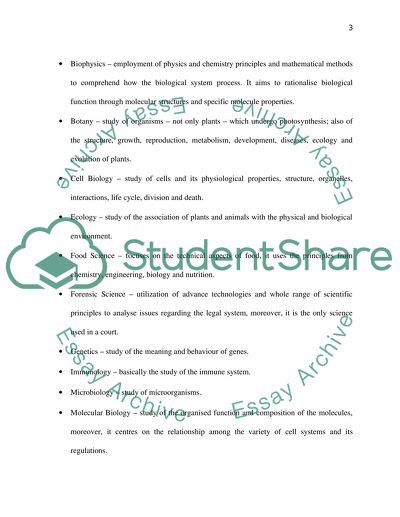Cite this document
(Essential Skills for Employment as a 21st Century Bio-Scientist Coursework, n.d.)
Essential Skills for Employment as a 21st Century Bio-Scientist Coursework. Retrieved from https://studentshare.org/biology/1547815-outline-the-essential-skills-required-for-an-undergraduate-to-equip-themselves-for-employment-as-a-bio-scientist-in-the-21st-century
Essential Skills for Employment as a 21st Century Bio-Scientist Coursework. Retrieved from https://studentshare.org/biology/1547815-outline-the-essential-skills-required-for-an-undergraduate-to-equip-themselves-for-employment-as-a-bio-scientist-in-the-21st-century
(Essential Skills for Employment As a 21st Century Bio-Scientist Coursework)
Essential Skills for Employment As a 21st Century Bio-Scientist Coursework. https://studentshare.org/biology/1547815-outline-the-essential-skills-required-for-an-undergraduate-to-equip-themselves-for-employment-as-a-bio-scientist-in-the-21st-century.
Essential Skills for Employment As a 21st Century Bio-Scientist Coursework. https://studentshare.org/biology/1547815-outline-the-essential-skills-required-for-an-undergraduate-to-equip-themselves-for-employment-as-a-bio-scientist-in-the-21st-century.
“Essential Skills for Employment As a 21st Century Bio-Scientist Coursework”. https://studentshare.org/biology/1547815-outline-the-essential-skills-required-for-an-undergraduate-to-equip-themselves-for-employment-as-a-bio-scientist-in-the-21st-century.


